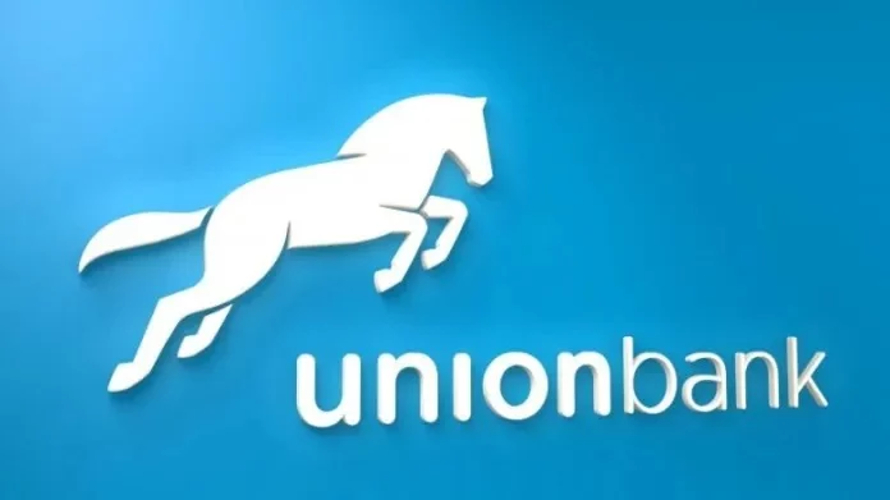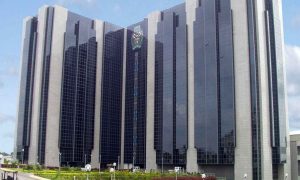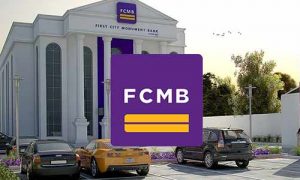Nigeria News
Union Bank faces additional challenges as Capital Adequacy Ratio falls short

Union Bank is grappling with additional hurdles following its inability to meet the required Capital Adequacy Ratio (CAR).
Growing concerns are permeating the financial sector, fueled by recent findings from a stress test conducted by the Central Bank of Nigeria (CBN) that disclose shortcomings in the mandated CAR for several major Nigerian banks. The list includes GTBank, as well as Access Bank Plc, Fidelity Bank Plc, First City Monument Bank Limited, First Bank of Nigeria Limited, Union Bank of Nigeria Plc, United Bank for Africa Plc, and Zenith Bank Plc.
This revelation aligns with the CBN’s contemplation of a potential new round of bank recapitalization, a matter previously reported.
It’s worth noting that in September 2021, the CBN issued guidelines stipulating a prudential Capital Adequacy Ratio of 10 percent for National and Regional Banks, while those with international authorization were required to maintain a 15 percent regulatory Capital Adequacy Ratio.
The recent report highlights a significant decrease in the overall Capital Adequacy Ratio of the banking system, plummeting by 3.0 percentage points to 11.2 percent. This figure notably falls short of the mandated 15.0 percent threshold set for banks with international authorization.
The downward trend is attributed to the CBN’s review of foreign exchange policies, which triggered the devaluation of the Naira starting from June 14, 2023. GTBank’s failure to meet the CAR requirements adds another layer of complexity to the challenges faced by the bank and underscores the urgency for corrective actions to restore confidence in the stability of the Nigerian banking sector.
























